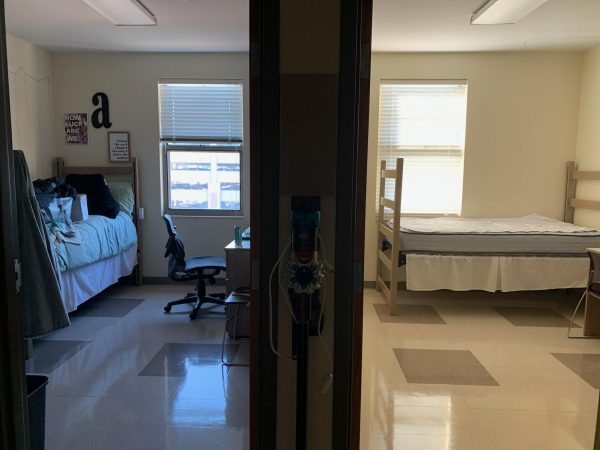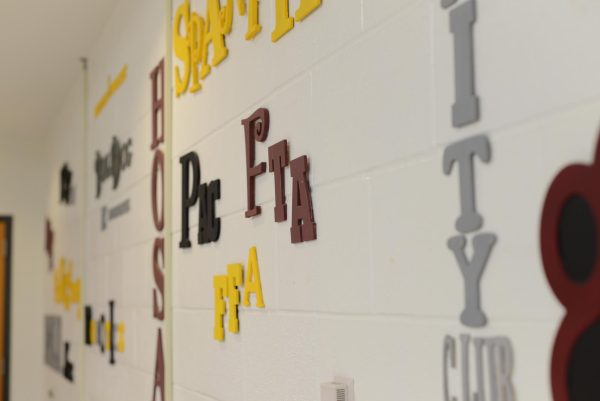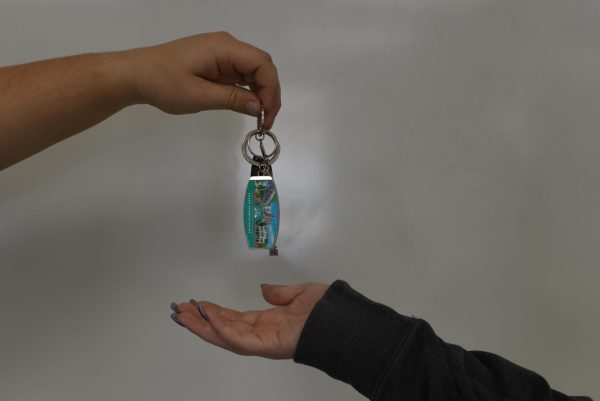The Coin Flip Game
Envision this: You are a high school senior bound for an elite private university. The tuition is $60,000 per year, and the room and board is $10,000 per year. Your parents are working multiple jobs, but with your big family and multiple siblings, they can only give you $5,000 per year. How about other scholarships or financial aid resources? You apply to as many scholarships as possible, but collectively they give you only a mere $1,000. The financial aid office doesn’t have a clear amount on how much they can help, but it is somewhere in between $5,000 and $15,000. In the end, you will have to take out a loan for about $55,000. But you have a chance to be debt free. I will flip a coin. If it flips heads, I will give you two-million dollars, but if it flips tails, you lose half of a million dollars. Would you take that chance?
Mathematician J.D Smith has a logical and analytical way to think about this problem.
Smith says, “I would not take the deal. It would be nice to win, but at this point, I don’t have that much to lose. Now if I had that spare lying around, who knows?”
The problem of taking the chance or not changes with different kinds of people. If a multi-millionaire businessman had money to spare, he should take the chance. On the other hand, an average middle-class citizen should probably not take the chance. Unless of course you were allowed to go into debt temporarily and take the offer multiple times.
“With ten flips, I would take the chance. I would have greater chances of winning, because one head covers four losses. So then I definitely would take that one since the probability of losing them all is very unlikely,” says Smith.
On average, with ten coin flips, it is expected to see five heads and five tails. That means the player will be expected to get ten million dollars and lose two and a half million dollars. In other words, they would earn seven and a half million dollars in profit. So if someone has multiple chances to take the flip or have enough money to spare, they should take the flip. However, sometimes a failing company with no money and only one shot should also take the risk.
“If you were going into bankruptcy anyway, then you should take the chance. This organization was about to declare bankruptcy since they couldn’t pay their taxes, so they tried to make a movie really bad and do a tax writeoff. If they did bad enough, it would cover how much taxes they owe, and they would start back at zero. But actually, they did well. The movie was so bad, it was funny. They were able to pay off taxes and earn a profit off of it,” says Smith.
For each individual, the correct answer to “Should I flip the coin?” will be different. The amount of money does not actually show you how much benefit you gain or lose, because in some cases you have nothing to lose, while in other cases you have everything to lose. In fact, certain people may think two million dollars is so insignificant that it is more beneficial to not even consider taking the flip since it would waste too much time.
It is not so easy to figure out other problems though. Let’s say I offered you multiple coin flips, but each head triples the amount you earn while a tail ends the game and takes away the money you earned. I give you an initial amount of money, and I start flipping until you tell me to stop.
“If I’m initially given a dollar, so I’m not even spending my own money, I would flip it at least once. Because I would lose it, I would lose nothing because it’s not my money. So when would I stop? That’s an interesting question,” says Smith, “I’ve played games like that. If you were going to keep going, then I would at least play it until it was worth my while, enough to buy a pizza.”
What would you do? See our new poll to give us your opinion.







